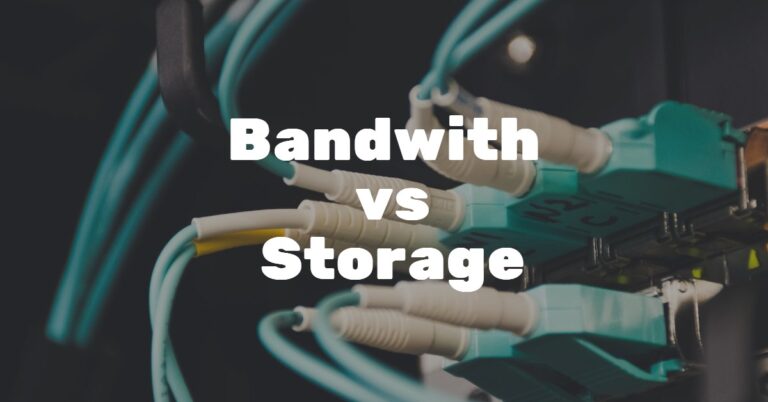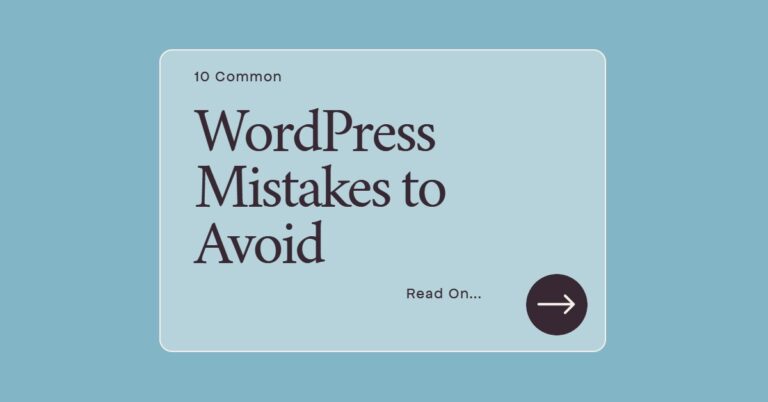The Pros and Cons of Using a Website Builder: A Comprehensive Guide
The digital era is booming and getting online means setting up a personal website. Website builders have hit the market and are now here for good – individuals and businesses alike.
This guide offers a close look at the Pros and Cons of website builders, ultimately outlining the main aspects that can help you when it comes to making a final decision.
Understanding the Basics
A website builder offers users an easy visual interface, allowing them to get their own websites up without having to know nearly as much as they would otherwise.
Simple, of course, means that there must be a cost.
Streamlined Design Process
Website-building services use templates that pre-design your layout and styling, so you can have a site up in not much time at all, even if you don’t feel comfortable coding.
Limitations in Customization
While user-friendly, website builders often have limitations when it comes to customization. Advanced users may find these platforms restricting, hindering their ability to create highly tailored websites.
SEO-Friendly Features
Prospective website owners often prioritize search engine optimization (SEO). Website builders incorporate SEO tools to enhance visibility on search engines, contributing to increased online traffic.
Built-In SEO Tools
Many website builders come equipped with built-in SEO features, such as meta tags and sitemaps. These tools streamline the optimization process, making it accessible for users without extensive SEO knowledge.
Potential SEO Limitations
Despite their SEO-friendly features, website builders may have limitations compared to custom-built websites. It’s essential to weigh the convenience of built-in tools against potential constraints on SEO optimization.
Cost Considerations
Cost is a significant factor in any decision-making process. Website builders offer varying pricing models, each with its own set of advantages and drawbacks.
Budget-Friendly Options
Website builders often have affordable plans, making them attractive to individuals and small businesses with budget constraints.
Hidden Costs
While initial plans may seem economical, some website builders have hidden costs. These could include additional fees for premium features, plugins, or necessary upgrades.
User Support and Assistance
Customer support is pivotal, especially for those new to website development. Evaluating the support offered by website builders is crucial for a seamless experience.
Responsive Customer Support
Top website builders prioritize customer support, offering live chat, email assistance, and comprehensive knowledge bases.
Inconsistent Support Quality
Not all website builders provide consistent customer support. Some users may encounter delays or find the available resources insufficient for addressing complex issues.
Pros
1. User-Friendly Interface:
- Website builders are designed with a user-friendly interface, making them accessible for individuals with limited technical expertise.
- Ideal for beginners who want to create a website without coding skills.
2. Quick and Easy Setup:
- Streamlined design processes and pre-designed templates enable a quick and easy setup.
- Perfect for those who need a website promptly without a steep learning curve.
3. Cost-Effective:
- Many website builders offer budget-friendly plans, suitable for individuals and small businesses.
- Eliminates the need for hiring a professional web developer, reducing overall costs.
4. Built-In SEO Tools:
- Incorporates built-in SEO features like meta tags and sitemaps to enhance search engine visibility.
- Helps improve the website’s ranking on search engines.
5. Customer Support:
- Responsive customer support through live chat, email assistance, and comprehensive knowledge bases.
- Support resources are often tailored to beginners, aiding in problem resolution.
6. Design Flexibility (Drag-and-Drop):
- Drag-and-drop interfaces facilitate easy arrangement of elements on the website.
- Allows users to create visually appealing designs without technical complexities.
7. Mobile Responsiveness:
- Many website builders offer mobile-optimized templates for a seamless user experience on various devices.
- Ensures compatibility with the increasing use of mobile devices.
Cons
1. Limitations in Customization:
- Despite ease of use, website builders may have limitations in customization.
- Advanced users seeking highly personalized designs may find these platforms restrictive.
2. Template Constraints:
- Pre-designed templates may impose restrictions on design creativity.
- Users looking for unique and intricate designs may find templates limiting.
3. Hidden Costs:
- While initial plans are economical, some website builders have hidden costs.
- Additional fees for premium features, plugins, or necessary upgrades can add up.
4. SEO Limitations:
- Website builders may have limitations in SEO optimization compared to custom-built websites.
- Advanced SEO strategies may be challenging to implement.
5. Limited Control Over Mobile Layout:
- Some website builders offer limited control over the mobile layout.
- Users may face challenges in optimizing the website’s appearance on smartphones and tablets.
6. Challenges in Switching Platforms:
- Switching between website builders can be challenging due to unique platform structures.
- It’s advisable to carefully choose the right platform from the beginning.
So, website builders offer a convenient and cost-effective solution for many, especially those with limited technical skills. But, the trade-offs include fewer customization options and potential hidden costs like needing to pay for ads and advanced features. Knowing your specific needs will guide you in deciding whether a website builder is the right choice for you.
FAQs (Frequently Asked Questions)
Are website builders suitable for e-commerce websites?
Yes, many website builders are equipped with e-commerce capabilities, making them suitable for creating online stores.
Can I switch to a different website builder later?
Switching website builders is possible but can be challenging due to the unique structures of different platforms. It’s advisable to choose carefully from the start.
Do website builders affect website loading speed?
Website builders may impact loading speed, especially if the platform hosts many websites on shared servers. Opting for reputable builders can mitigate this concern.
Are there security risks associated with website builders?
While reputable website builders prioritize security, it’s essential to stay updated on platform vulnerabilities and implement recommended security measures.
Can I use a custom domain with website builders?
Most website builders allow custom domains, providing a professional touch to your website’s identity.
Are website builders suitable for large-scale businesses?
While website builders are convenient for small to medium-sized businesses, larger enterprises may benefit more from custom-built solutions.
Final Thought
Choosing a website builder requires careful consideration of your unique needs and preferences. Understanding the Pros and Cons outlined in this guide empowers you to make an informed decision that aligns with your online goals.



